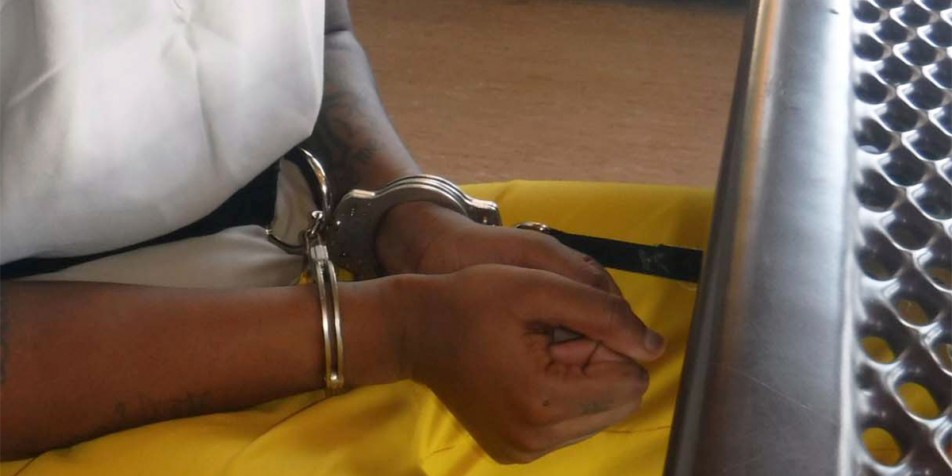Settlement a Cause for Celebration and a Call to Action to End Abusive Conditions in Youth Prisons

Yesterday in Wisconsin, Western District Judge Peterson approved the settlement of a class action lawsuit filed to end the abusive use of solitary confinement, pepper spray, strip searches and restraints at two large facilities in Wisconsin. The suit also contributed to the State’s decision to close the facilities permanently.
The settlement sheds light on the abusive conditions too-often endured by youth far from home and away from media scrutiny.
Juvenile Law Center, with co-counsel ACLU of Wisconsin and Quarles & Brady, LLP, filed a federal civil rights class action lawsuit in the U.S. District Court for the Western District of Wisconsin against Wisconsin juvenile corrections officials and administrators of two correctional facilitates, the Lincoln Hills School for Boys and the Copper Lake School for Girls. When the suit was filed in January 2017, the population at both facilities was approximately 165-180 boys and girls. Most are African-American youth from Milwaukee, which is 215 miles away from the facilities. Both facilities excessively used solitary confinement, strip searches, restraints, and pepper spray on youth.
The conditions at the facilities were truly horrific: at any given time, 15-20% of the youth population in these facilities was in solitary confinement, isolated for 22 to 23 hours per day in seven by ten-foot cells. Youth were often sent to solitary for 30 to 60 days at a time, and many were forced to spend their one free hour outside of solitary “on the belt,” meaning that they were in handcuffs attached to a waist belt, or chained to a table. Take a moment to picture an adolescent boy confined and restrained in this manner.
While in solitary, youth only received one hour of education per day and were denied therapeutic and rehabilitative programs. Officers at these facilities routinely used pepper spray on youth for nonviolent infractions, causing burning, nausea, and even temporary blindness. Guards also failed to appropriately help youth to alleviate the subsequent eye and breathing difficulties from the stinging spray.
In an oral ruling on June 23, 2017, Western District Judge Peterson found that the use of solitary confinement, pepper spray and restraints at the juvenile facilities violated the Eighth and Fourteenth Amendments of the U.S. constitution. The court stated that young people have a constitutional right to rehabilitation, which was being thwarted by these abusive practices. This earlier ruling led to settlement negotiations culminating in today’s order.
Key terms of the final settlement include: fully eliminating punitive solitary confinement, fully eliminating the use of pepper spray, strictly limiting the use of all forms of mechanical restraints, and prohibiting strip searches without individualized probable cause. Additionally, all staff at the facilities will receive de-escalation training by a nationally recognized provider and the facilities will be regularly monitored by an individual with expertise in juvenile corrections. This is a huge step forward, establishing crucial safeguards against the harms of solitary confinement, restraints, pepper spray and strip searches.
As the state closes these institutions and develops new alternatives closer to home, the terms of the settlement will continue to apply to any new facilities established.
The settlement is a critical milestone but it is not the end-game. We will continue to work with our partners in Wisconsin to ensure that these large facilities are closed and replaced by rehabilitative services and community-based supports for youth, and that reform efforts center the voices of youth, their families, and their communities.
Amidst a growing national movement away from the failed model of relying on large youth prisons, we must use opportunities like this settlement to shed light on the dark corners of the juvenile justice system and demand reform.

